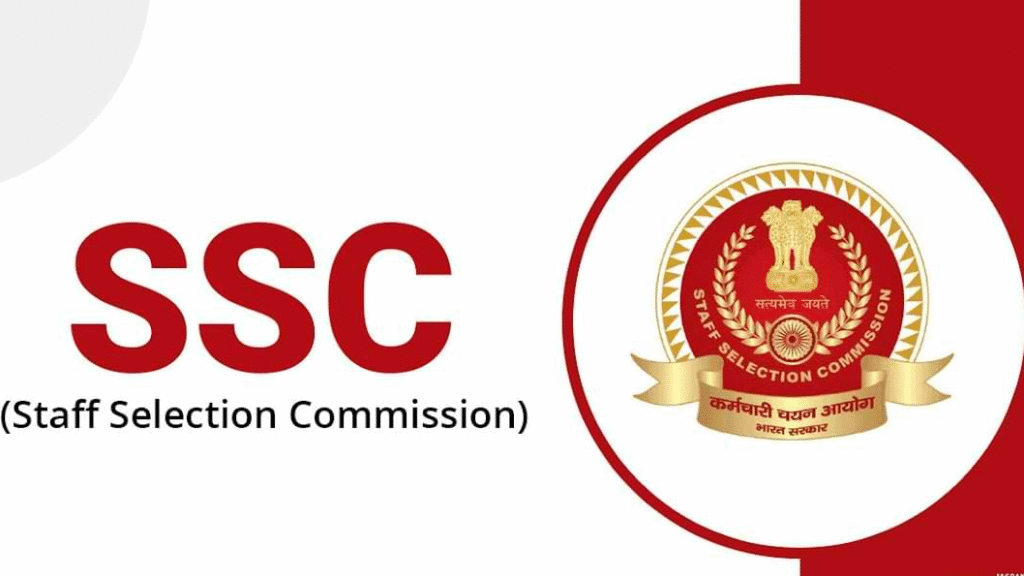In a move that education experts warn could “completely end the transparency of the exam”, the Staff Selection Commission (SSC) has implemented a startling new policy prohibiting candidates from accessing their own response sheets.
The recent notice regarding the Selection Post Examination stipulated that candidates are
“not allowed… to download [their] answer key or take a print out of it”.
Shubham Jain, a leading voice in education, argues that the repercussions of this policy stretch far beyond simple administrative changes, fundamentally threatening a candidate’s ability to challenge results.
How Can Students Consult Experts?
The immediate logistical nightmare for students involves addressing flawed questions—a persistent issue in SSC examinations.
Currently, students must consult teachers or experts about doubtful questions before filing a formal representation, which costs ₹50.
Shubham Jain challenges the new policy directly, asking:
“If a child cannot download his answer key, cannot get a print out of it,”
or even a screenshot,
“how will the child consult that this particular question is wrong or not?”
Mr Jain emphasizes that without proof, students cannot effectively engage with experts or follow through on grievances, especially since, in the past, the SSC has refused to accept many external references for GK questions, insisting they only rely on their own expert committee.
The Proof Problem: 40 Marks Disappeared
The core danger highlighted by Shubham Jain lies in the event of technical malfunctions, which he notes are historically common in SSC examinations, leading to result revisions.
Imagine a scenario, he posits, where a candidate scores 160 marks on the provisional answer key, but due to a technical glitch, their final score is reduced to 120. In this case,
“You have no proof that your marks were 160”.
If a candidate were to somehow manage to download a PDF of their responses, Mr Jain states that the SSC could legally counter that this evidence is inadmissible because
“it is illegal”
and they never gave permission for the download.
“If you don’t have any proof to keep your point, then it cannot be trusted,”
he asserts.
This lack of permanent documentation is particularly problematic for exams like the Selection Post, where final, normalised marks may not be known for
“two years or two and a half years”.
If issues arise after such a lengthy delay, candidates will have no record to verify their original scores or responses.
Errors Exceeding 15% and Judicial Intervention
The need for robust transparency is underscored by the high frequency of erroneous questions reported in recent examinations. For the Selection Post, Shubham Jain reports that
“quite a lot of children are reporting that SSC has given overall answers to about 10 questions, in some shifts 12, 14 questions”.
In some shifts, the error rate exceeds
“15% of the mistakes”.
These errors often necessitate judicial intervention:
- In 2023, cases were brought before the court due to wrong questions in the final answer key, prompting court suggestions for result revision.
- In one shocking case before the Chhattisgarh High Court, “40 questions out of 100 were found to be erroneous”
in the answer key, leading to the entire recruitment process being re-conducted.
Mr Jain stresses that since
“one question can end the chances of selection”,
the ability to verify and challenge results is absolutely non-negotiable.
A Warning: ‘Do Not Be Careless Now’
If the process removes transparency, Shubham Jain warns, the system cannot be made
“full-proof”.
He cautions candidates against apathy, noting that if the SSC’s stance is not reversed,
“you may not even get the answers key”
in the coming years (e.g., 2026 or 2027).
Shubham Jain urged candidates who feel the policy reduces system transparency to
“raise their voice”
now. He has advised students to submit grievances in high volumes by sending emails to the SSC helpline, using regional mail addresses, and crucially, putting their complaints
“on the PG portal”
(Public Grievance portal).
“If you are careless now,”
he concluded,
“something will happen later, and then you will feel like, ‘Sir was saying it then, but we didn’t listen,'”.
Once the policy is established, making improvements later becomes
“very difficult”.






